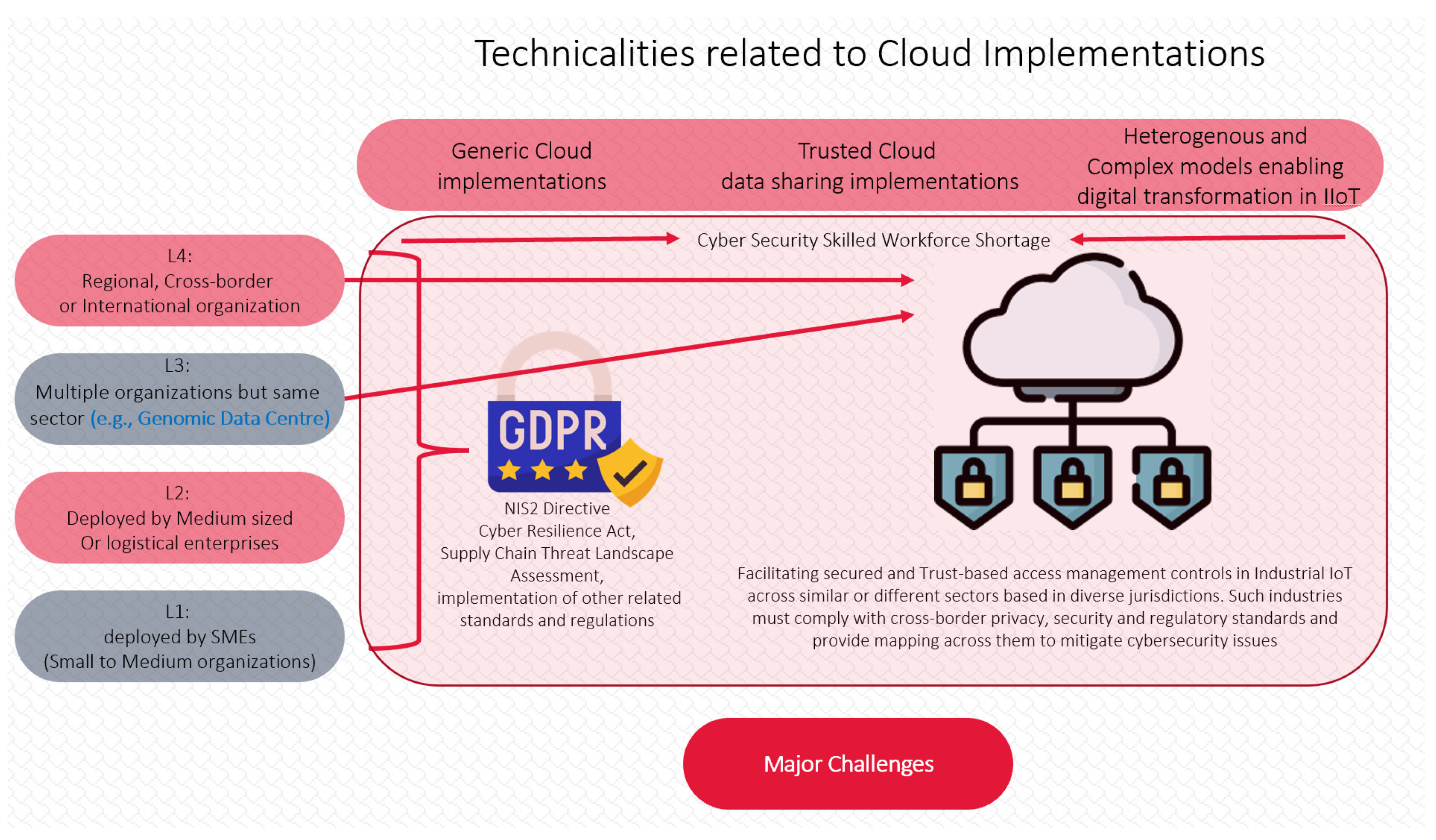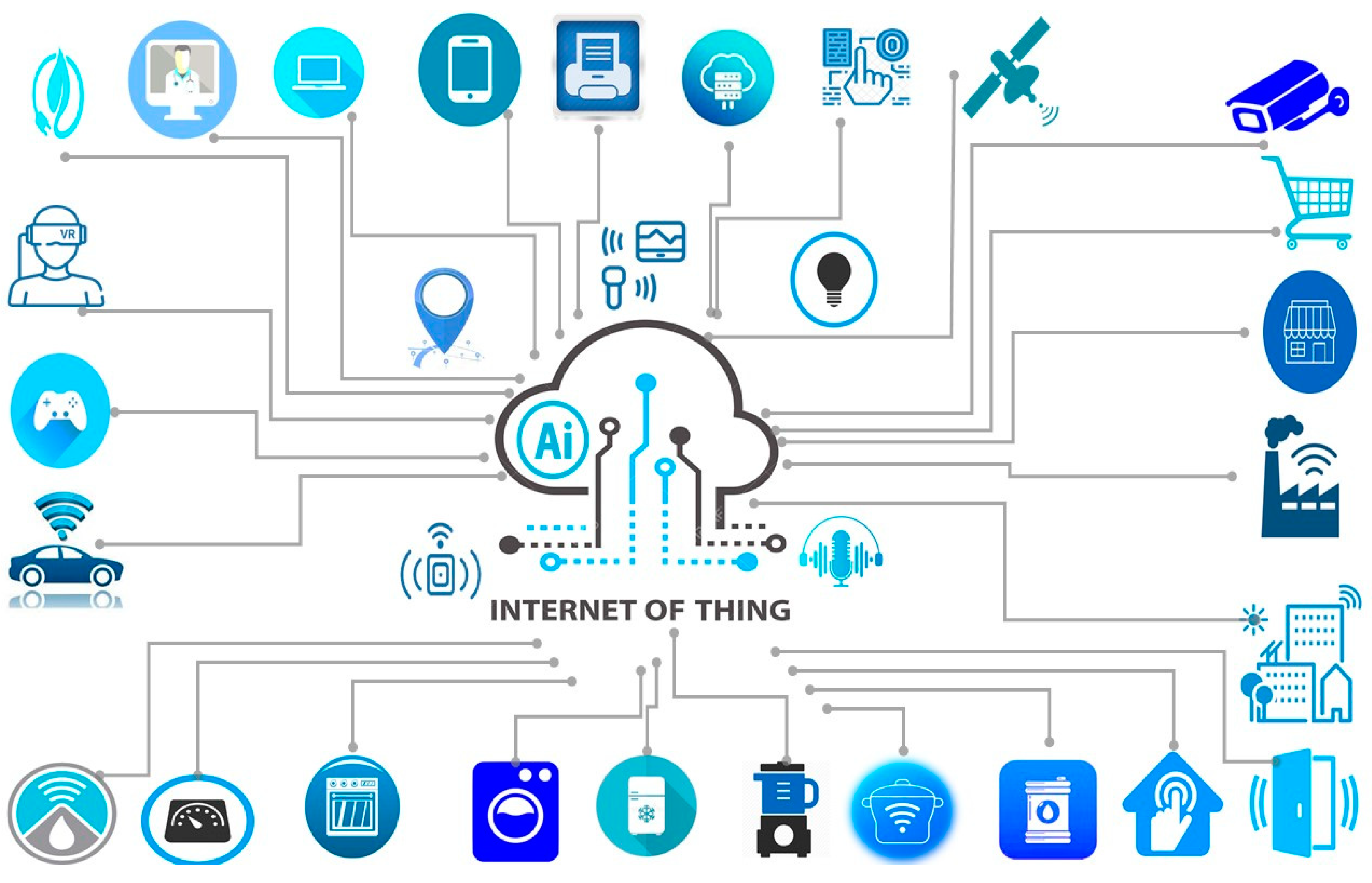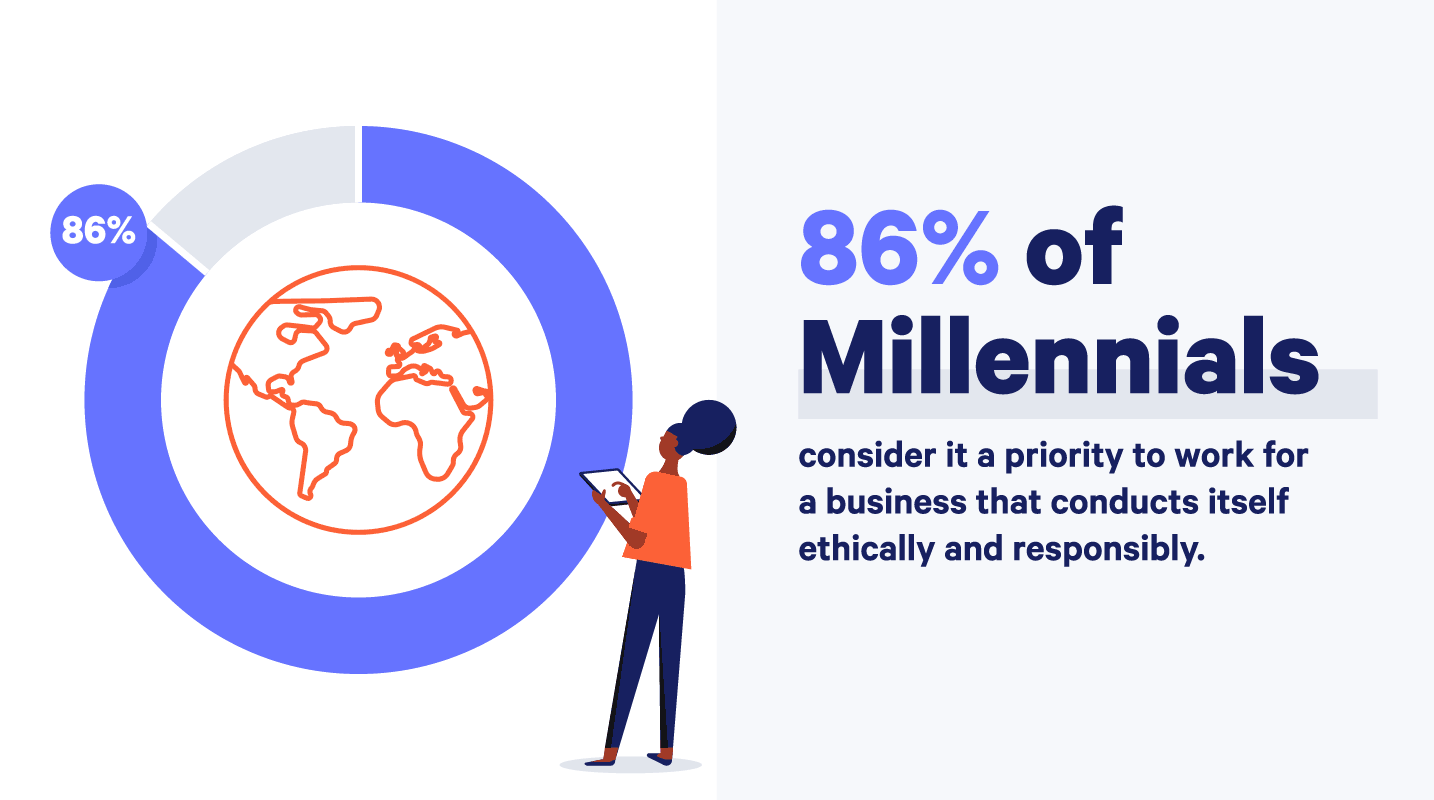
In our hyper-connected world, personal information is increasingly viewed as a commodity. This market thrives on the collection, analysis, and sale of individuals’ data. Each day, countless transactions occur, often without the awareness of those whose lives are being scrutinized. It’s a realm filled with opportunity and risk. While the potential for innovation abounds, so do questions about accountability and integrity.
Many consumers remain oblivious to the scale at which their information is harvested. From social media interactions to online purchases, the digital footprint left behind tells a story that is ripe for exploitation. Some argue that this practice drives progress and personalization, creating tailored experiences for users. Yet, others express concern over privacy violations and the overarching lack of transparency.
As societal reliance on technology deepens, the challenge to balance profit and principles becomes even more pronounced. What happens when profit motives overshadow ethical considerations? Can boundaries be established that respect individual autonomy while enabling commercial success? These questions linger in the minds of many as the conversation evolves.
In navigating this complex landscape, it is crucial to address various perspectives. Some advocate for stricter regulations and ethical guidelines, emphasizing the need for consent and transparency in every transaction. Meanwhile, others contend that the market should self-regulate, arguing that competition will naturally encourage ethical behavior. As this debate unfolds, it’s clear that the stakes are high.
The Ethics of Data Brokerage

Understanding the role of intermediaries in the information economy is essential. These entities operate at the intersection of technology and consumer behavior. They collect, analyze, and sell insights derived from vast quantities of personal information. Their influence extends to various sectors, shaping marketing strategies and targeting efforts.
Such actors function as pivotal players, often unseen. Their activities can lead to both positive outcomes and significant concerns. For instance, they contribute to more personalized services. Yet, they also raise questions about privacy and consent. The delicate balance between utility and exploitation often comes into focus.
These intermediaries serve numerous functions in the market. They aggregate information from multiple sources, transforming raw data into valuable insights. This process can enhance business decision-making while also fueling growth in different sectors. However, it introduces a layer of complexity regarding consumer trust. When individuals share personal information, they often possess an expectation of privacy. Yet, the opacity of practices surrounding information usage creates a disconnect.
Moreover, the challenge lies in the lack of awareness among consumers. Many remain oblivious to how their information is utilized. This disconnection often leads to feelings of vulnerability. As a result, companies must actively engage in transparent communication. Building trust becomes a crucial aspect of maintaining a sustainable relationship with consumers.
In the broader context, understanding this dynamic is vital for stakeholders. It informs regulatory approaches and shapes public perception. As technology evolves, so do the methods and avenues of information collection. This evolution poses ongoing challenges that need addressing. Stakeholders must navigate these complexities carefully. The future landscape remains uncertain, but awareness can drive responsible practices.
Understanding Data Brokers’ Role
In modern society, a vast network exists, operating quietly behind the scenes. This network gathers, analyzes, and sells personal information. Its influence permeates many aspects of daily life, yet many individuals remain unaware of its workings. As technology accelerates, the collection of personal details has become increasingly sophisticated. Each click, search, and purchase contributes to a larger picture.
These entities serve a crucial function, connecting information sellers with buyers. They create profiles based on various data points, helping businesses target their audiences more effectively. However, this ability to segment individuals raises important questions regarding privacy. With every interaction, a thread of a person’s life is woven into a digital tapestry.
Privacy concerns loom large. Many consumers are oblivious to how their information is being used. Without transparency, trust erodes, leading to apprehension about sharing personal details. The consequences can be significant; users may feel exploited or manipulated. The line between beneficial personalization and invasive intrusion is often blurred.
Additionally, the impact of emerging technologies cannot be overstated. Artificial intelligence and machine learning enhance the capacity to predict behaviors and preferences. Yet, this progress raises ethical dilemmas. At what point does convenience become a violation of privacy? As society navigates this complex landscape, finding a balance remains a pressing challenge.
In conclusion, while these entities provide valuable services in understanding consumer behavior, they must also address the growing demand for privacy protections. A delicate dance exists between efficiency in marketing and the fundamental rights of individuals. As awareness increases, the pressure to enact meaningful change will intensify. Transparency and responsibility are essential for fostering trust in this evolving relationship.
Consumer Privacy Concerns
In today’s interconnected world, individuals face mounting apprehensions regarding personal information handling. Every click and interaction generates bits of data. This information often finds its way into various commercial channels. As a result, many consumers feel vulnerable and exposed. Concerns extend beyond mere inconvenience; they touch on foundational rights.
Privacy issues are not just abstract concepts; they have real implications for daily life. People worry about how their personal details are collected and used. Are they being tracked unethically? Many individuals lack awareness of who accesses their information and to what purpose. Moreover, the sheer volume of shared data amplifies fears about security breaches.
It becomes increasingly complex to navigate a landscape where consent is often assumed rather than explicitly granted. As consumers engage with businesses, there exists an expectation of transparency and trust. Yet, the reality often differs from this expectation. Personal histories, purchasing habits, and even online behaviors are meticulously documented. Companies leverage this information for marketing strategies, often without clear communication to the user.
Furthermore, the absence of robust regulations heightens these concerns. Many find themselves questioning whether legislative measures adequately protect them. Laws are often slow to evolve, lagging behind technological advancements. As a result, individuals may feel they are left in a precarious situation, where their rights are not fully safeguarded.
Ultimately, the need for a balance between commercial objectives and individual rights is paramount. Without significant changes, consumer trust will continue to erode. This decline threatens not only businesses but also the fabric of a digital society. As dialogue around these issues intensifies, both consumers and corporations must engage in meaningful conversations about privacy. It’s imperative that companies recognize and address these growing apprehensions proactively.
Regulatory Frameworks and Challenges
Understanding frameworks surrounding personal information handling is essential. Policies are constantly evolving, but challenges persist. Regulations aim to protect individuals while fostering innovation. However, achieving a balance proves difficult. Stakeholders must navigate a complex landscape filled with contradictions and loopholes.
In many regions, legislation has been introduced to secure consumer information. Yet, compliance can be a daunting task for many organizations. Some of the key regulations include:
- General Data Protection Regulation (GDPR)
- California Consumer Privacy Act (CCPA)
- Health Insurance Portability and Accountability Act (HIPAA)
While these laws set important standards, implementation varies greatly. Companies often struggle to adapt to stringent requirements, which can lead to unintentional breaches. Furthermore, as technology advances, new methods of information capture and analysis emerge. This rapid evolution creates further complications for governing bodies.
Complying with various regional laws requires significant effort, often leading to confusion among businesses. Some may choose to adopt a minimalist approach, while others could overcomplicate their strategies. This discrepancy can create an uneven playing field, where some benefit from regulatory gaps.
Moreover, the interconnectedness of global markets complicates enforcement. A violation in one jurisdiction can have repercussions worldwide. Stakeholders must stay informed on disparate regulations, often leading to a reactive rather than proactive compliance mentality.
As technology continues to evolve, so too must the rules that govern it. Emerging trends in artificial intelligence and machine learning challenge existing frameworks. Keeping pace with innovations demands agility, a quality not always found in bureaucratic structures. Policymakers struggle to anticipate future developments, leaving gaps in protection.
Yet, despite these obstacles, a push for greater transparency remains vital. Encouraging open communication about practices can foster trust among consumers. Initiatives promoting ethical standards can guide companies toward responsible behavior.
Ultimately, creating robust and effective regulations is no small feat. Collaboration among businesses, governments, and consumers will be crucial. Only through collective efforts can a balanced landscape emerge, one that prioritizes protection without stifling innovation.
Balancing Business Interests and Ethics

In today’s interconnected world, maintaining a proper balance between commercial goals and moral considerations has become increasingly complex. Organizations often find themselves at a crossroads, where profit margins clash with the need for integrity. Navigating this landscape requires careful thought.
Business interests frequently demand aggressive tactics. Maximizing revenue can lead to practices that compromise values. Companies may prioritize sales over responsible conduct, risking their reputation.
Clear communication fosters trust. Consumers need to know how their information is handled. Transparency can serve as a competitive advantage. It reassures individuals that their privacy is respected. Here are several key aspects to consider:
- Open disclosure about data usage.
- Clear consent mechanisms for individuals.
- Regular audits to ensure compliance with stated policies.
- Easy access for users to understand their rights.
Fostering an ethical culture starts at the top. Leadership must prioritize values alongside profitability. Employees should be encouraged to voice concerns. This creates a safe environment where ethical dilemmas can be discussed without fear. In this way, organizations can align their operations with societal expectations.
Failure to uphold responsible practices can lead to severe consequences. Companies may face regulatory scrutiny or lose consumer trust. In a world that increasingly values accountability, long-term success hinges on a commitment to principled behavior.
Ultimately, proactive strategies yield better outcomes. By integrating ethics into business models, firms can achieve lasting success. This approach not only benefits the bottom line but also contributes to a more responsible marketplace. Adapting to these changes is crucial in a rapidly evolving digital landscape.
Balancing Business Interests and Ethics
In today’s rapidly evolving landscape, the interplay between corporate ambitions and moral responsibilities has never been more complex. Companies constantly seek ways to maximize profits, often pushing boundaries that may conflict with consumer rights. As technology continues its relentless march forward, organizations find themselves at a crossroads. Should they prioritize financial gain or uphold societal values? This dilemma is increasingly prevalent, prompting a need for introspection.
Many businesses adopt practices that can lead to ethical dilemmas. This can create distrust among consumers, who may feel exploited. Transparency often takes a backseat to profit-making strategies. Short-sighted decisions can lead to long-term reputational damage. The challenge lies in reconciling these opposing forces.
Increasingly, stakeholders demand accountability and a commitment to ethical practices. As customers become more informed, their expectations evolve. They seek assurance that organizations respect their privacy and well-being. This shift is not just a trend but rather a fundamental change in consumer behavior that cannot be ignored. Companies that fail to adapt risk falling behind their competitors who prioritize integrity.
Furthermore, technological advancements present both challenges and opportunities in this balancing act. Sophisticated tools enable more personalized marketing, yet they also raise significant questions about responsible usage. Businesses must navigate complex regulations while innovating in a way that aligns with ethical standards. This intricate dance between ambition and morality requires careful consideration.
Ultimately, achieving harmony between commercial success and ethical responsibility is essential. Organizations should strive to implement practices that cultivate trust and loyalty. By aligning their strategies with core values, they can secure a sustainable future. The road ahead may be fraught with challenges, but those willing to embrace ethical principles will likely emerge as leaders in their fields. The landscape is shifting, and with it, the expectations of consumers are evolving dramatically.
The Impact of Technology on Ethics

Technology shapes our lives in profound ways. Rapid advancements bring both opportunities and dilemmas. Constantly evolving tools affect how we perceive privacy and responsibility. As innovations emerge, ethical considerations become increasingly complex. The intersection of machine learning, artificial intelligence, and personal information management raises critical questions.
Consider how algorithms analyze behavior. Companies collect vast amounts of personal insights. This wealth of information allows for tailored experiences. Yet, it poses risks. Who controls this data? When does personalization cross the line into manipulation? These inquiries prompt a reexamination of established principles.
privacy protection measures concerns are prevalent in this digital age. Individuals often feel vulnerable, unaware of how their information is used. Additionally, the consequences of misuse can be severe, leading to identity theft or discrimination. As technology progresses, maintaining a balance becomes increasingly challenging.
Furthermore, innovation outpaces regulation. Governments struggle to keep pace with new developments. Laws designed for a previous era may not address current realities. Consequently, gaps in oversight open doors for unethical practices to flourish. This dynamic highlights an urgent need for a proactive approach to policy-making.
Collaboration among stakeholders is essential. Tech companies, regulators, and consumers must engage in open dialogues. Establishing a culture of transparency can help mitigate risks. Empowering individuals with knowledge fosters informed decision-making. Ultimately, it’s about creating a framework that respects boundaries.
As we move forward, responsibility lies with everyone involved. Recognizing the consequences of actions is paramount. A collective commitment to ethical standards must be prioritized as technology becomes further integrated into daily lives. The road ahead is complex, yet opportunities for positive change exist.
Future Trends in Data Ethics

The landscape of personal information management is rapidly evolving. As technology advances, new dilemmas arise, challenging traditional perspectives. Companies must adapt to shifting consumer expectations. Privacy concerns are more prominent than ever before. Moreover, legal regulations continue to develop, pushing boundaries further.
In upcoming years, several critical patterns will likely emerge. These trends could redefine how organizations handle personal information.
- Enhanced Consumer Awareness: Individuals are becoming increasingly knowledgeable about their rights. This awareness fuels demand for transparency in how organizations utilize personal information.
- Greater Regulation: Governments worldwide are implementing stricter laws. These rules aim to protect consumers against misuse and ensure accountability.
- Decentralized Technologies: Innovations such as blockchain may promote ethical practices. By providing individuals with more control over their information, these technologies can foster trust.
- AI and Automation: As artificial intelligence becomes integral, ethical considerations will intensify. Organizations must navigate the balance between efficiency and respect for user privacy.
- Focus on Sustainability: More companies will integrate ethical practices into their core strategies. This shift recognizes the long-term benefits of responsible management of personal information.
As organizations face these evolving expectations, they must reconsider foundational principles guiding their operations. It becomes imperative to create policies that not only comply with regulations but also align with consumer desires. The intersection of technology, accountability, and trust will shape future practices significantly.
In summary, a new era is dawning, characterized by informed consumers, evolving laws, and innovative solutions. Organizations willing to embrace these changes may find themselves ahead of the curve. Ethical considerations will be paramount in shaping business strategies. As the landscape continues to shift, adaptability will be key to navigating these challenges effectively.
